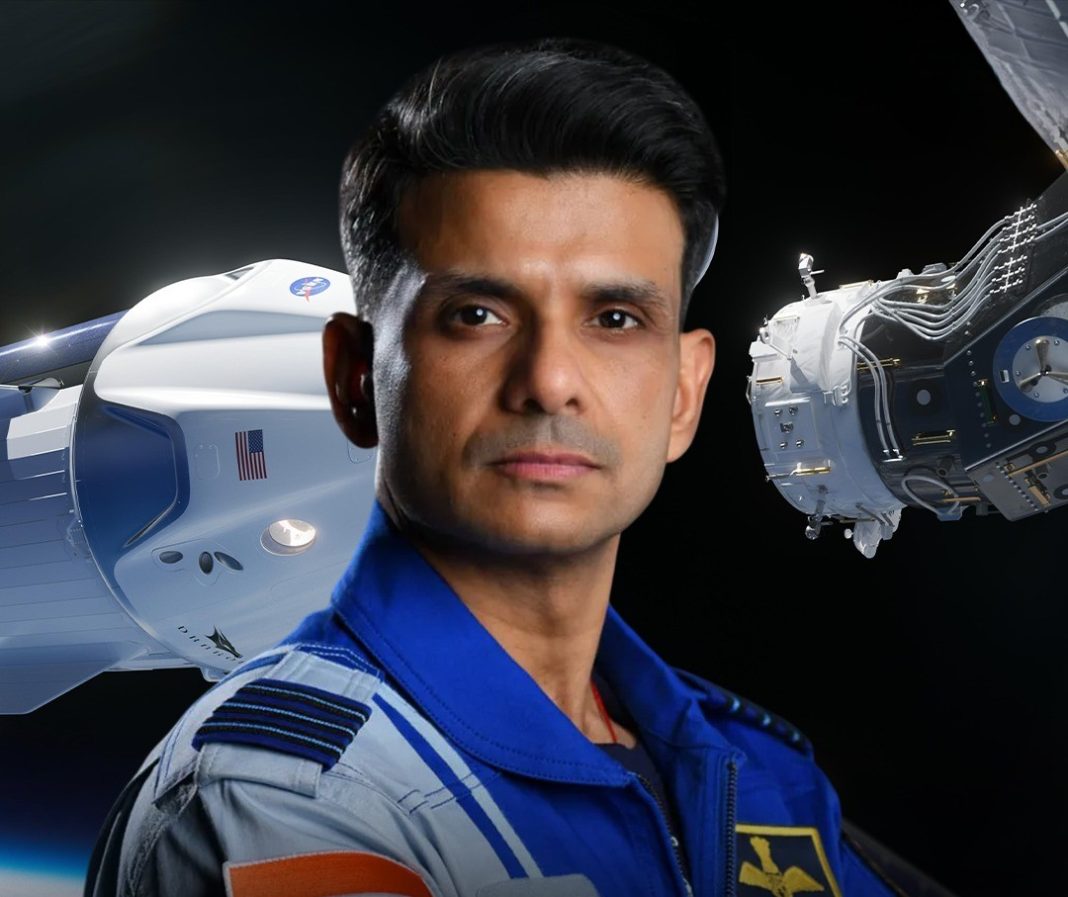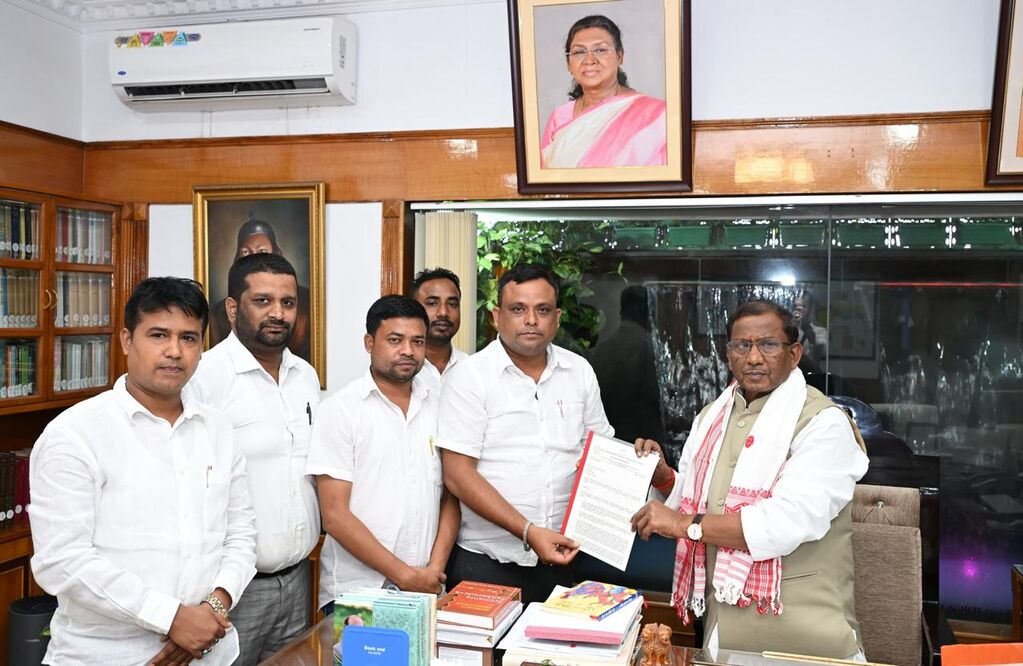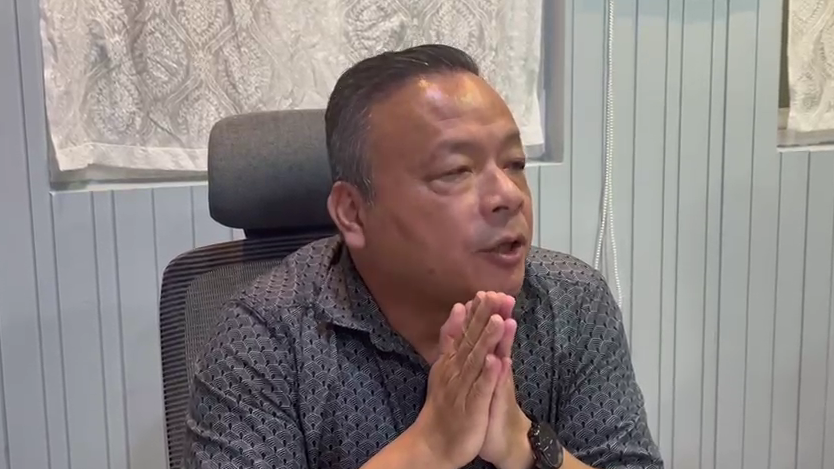
New Delhi, July 1: Astronaut Shubhanshu Shukla is conducting scientific experiments on board the International Space Station (ISS) to understand muscle loss under microgravity conditions, a study that could lead to medicines to treat immobility among a section of the elderly.
Shukla is part of the Axiom-4 private space mission to the ISS as part of a joint ISRO-NASA initiative and docked at the orbital laboratory on Thursday last week along with three other astronauts.

“Shux (Shukla’s call sign) performed operations in the Life Sciences Glovebox (LSG) for the myogenesis study, which could uncover how microgravity contributes to muscle loss,” Axiom Space said in a statement.
It said that by identifying the molecular pathways behind skeletal muscle dysfunction, the research could lead to targeted therapies to prevent atrophy during long-duration spaceflight.
“These insights may also translate to improved treatments for muscle-wasting conditions on Earth, including those linked to ageing and immobility,” Axiom Space said.
Shukla filmed a video targeted at young Indian students discussing how the digestive system adapts to space.

The crew documented activities for the Astronaut Mental Health study, contributing to research on cognitive well-being in space.
This project can benefit others on Earth by developing remote technologies for diagnosing and treating mental disorders, particularly for individuals in isolated or challenging environments where access to mental health care is limited, Axiom Space said.
Mission commander Peggy Whitson posted a photograph with Shukla and Hungarian astronaut Tibor Kapu in the space station on her social media handle.
The crew also took part in an experiment to help develop a brain-computer interface using a specialised headset that can indirectly assess neural function through tracking blood flow.

As part of the PhotonGrav project, this neural tech is aiming to monitor brain signals to explore how humans might one day control computer systems with just their thoughts.
For future space missions, this kind of interface could streamline how astronauts interact with spacecraft systems, especially in high-stress or hands-free scenarios.
Back on Earth, the same technology could advance neurorehabilitation and assistive devices, offering new hope for people with mobility or communication challenges, Axiom Space said. (PTI)




